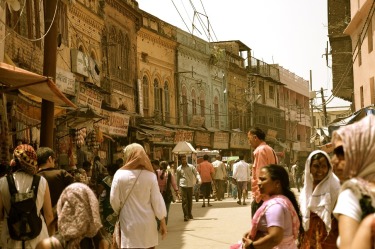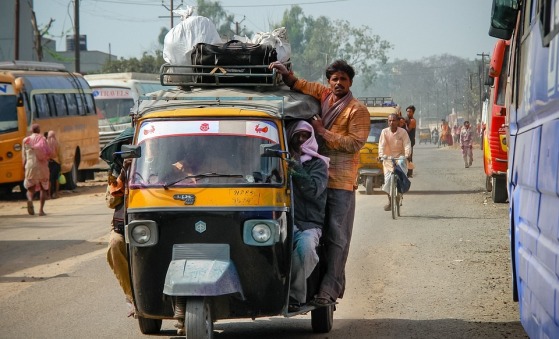
Maharashtra Chief Minister Devendra Fadnavis announced on 17 July that the state government will cancel Scheduled Caste certificates allegedly obtained fraudulently by individuals from religions other than Hinduism, Buddhism and Sikhism.
Speaking in the legislative council while responding to a calling attention motion, Fadnavis said the decision follows a Supreme Court verdict delivered on 26 November 2024. The court clarified that SC category reservations can only be availed by Hindus, Buddhists and Sikhs.
“If anyone from religions other than Hinduism, Buddhism and Sikhism has availed an SC certificate or reservation, their validity certificates and caste certificates will be cancelled with due procedure,” Fadnavis stated. He added that action would be taken against those who secured government jobs through such certificates.
The chief minister warned that elections won using fraudulently obtained SC certificates would be declared null and void. The government will also seek recovery of monetary benefits from those who gained advantages through fake caste certificates.
The announcement came after BJP member Amit Gorkhe raised concerns about “crypto Christians” misusing religious freedom. Gorkhe claimed some people benefit from SC reservations while professing other religions, allegedly referring to individuals who discreetly follow Christianity while maintaining different religious identities on paper.
However, veteran human rights activist Dr John Dayal, spokesperson for the All India Catholic Union, told Christian Today that the use of the term “crypto Christian” represents an attempt to deny citizens their rights. “There seems to be a competition between BJP-ruled states and their chief ministers to see who will excel in devising ways to persecute religious minorities,” Dayal said.
BJP leader Chitra Wagh cited a case from Sangli where a woman married into a family that secretly practised Christianity. She alleged the woman suffered torture, was forced to convert and died while she was seven months pregnant.
While Fadnavis acknowledged that people can voluntarily convert, he said that the law prohibits forced conversions through coercion, cheating or enticement. “Complaints of coercion or inducement for conversion will lead to investigation and action against the concerned organisation,” he said.
Dayal questioned the basis for identifying individuals simply because they visit churches. “Indian churches are visited by people of every community, not necessarily because they have converted, but in search of peace and spiritual support,” he explained. “This is the secular interfaith tradition of India, just as non-Muslims visit dargahs and non-Sikhs throng the Golden Temple.”
The state government had established a panel headed by the Director General of Police to address such cases. The panel has reportedly submitted its report, which the government will study before introducing new legal provisions to prevent forced conversions.
Fadnavis confirmed that action can be taken under the Bharatiya Nyaya Sanhita in such cases, but emphasised the need for stricter provisions. Minister of State for Home Pankaj Bhoyar had announced earlier last week that Maharashtra would introduce an anti-conversion law during the winter legislative session, claiming it would be more stringent than similar laws in other states.
BJP member Pravin Darekar alleged that secret campaigns to encourage conversions were operating in poor localities and slums. Fadnavis acknowledged such activities occur in slums but clarified the government has no intention to ban consensual religious conversions.
The chief minister stressed that authorities have been empowered to verify the authenticity of certificates through spot visits and complaints, particularly targeting cases involving individuals who have converted secretly while presenting themselves as Hindus.
Dayal criticised the focus on religious identity verification: “The Maharashtra chief minister would do well to resolve the many issues facing his state: development and law and order high among them, rather than focusing on turning his state into a theocracy.”




